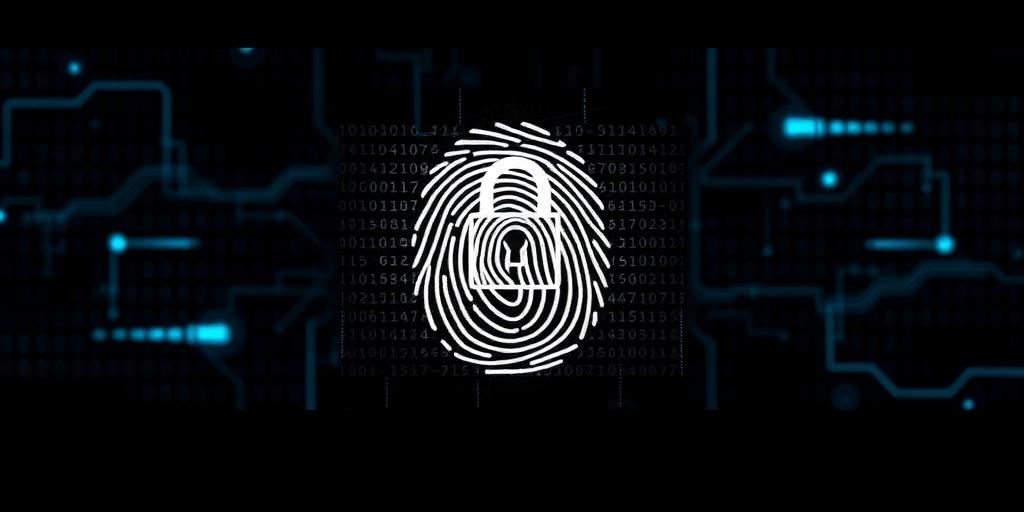Who Really Owns Your Data? Exploring Digital Ownership Models
In today's digital age, data is a valuable commodity. Every click, search, and online interaction generates data that is collected, analyzed, and often monetized by various entities. But who truly owns this data, and what rights do individuals have over their digital footprint? This post explores the complex landscape of digital ownership models and what they mean for you.
The Current State of Data Ownership
Currently, most data is controlled by the platforms and services we use daily. Social media companies, search engines, e-commerce sites, and app developers collect vast amounts of user data. Their terms of service typically grant them broad rights to use this data for various purposes, including targeted advertising, product development, and even sharing with third parties. This model often leaves individuals with limited control over how their data is used and who has access to it.
Key Questions Surrounding Data Ownership
- What types of data are being collected? It's essential to understand the scope of data collection, which can range from personal information like name and location to behavioral data like browsing history and purchase patterns.
- How is your data being used? Companies often use data to personalize user experiences, improve their services, and generate revenue through targeted advertising. However, data can also be used in ways that individuals may not be aware of or consent to.
- Who has access to your data? Data is often shared with third-party partners, advertisers, and other entities. Understanding who these parties are and what their data practices involve is crucial.
Exploring Different Digital Ownership Models
- Centralized Data Ownership: This is the most common model today, where companies control user data. While this model allows for efficient data management and personalized services, it also raises concerns about privacy and data security.
- Decentralized Data Ownership: Emerging technologies like blockchain enable decentralized data ownership models, where individuals have greater control over their data and can grant or revoke access as they see fit. This approach emphasizes privacy and data sovereignty.
- Data Cooperatives: In this model, individuals pool their data together and collectively manage it. Data cooperatives can negotiate with companies on behalf of their members, ensuring fair compensation and protecting privacy rights.
The Rise of Data Privacy Regulations
In response to growing concerns about data privacy, governments worldwide are enacting regulations to protect individuals' rights. The General Data Protection Regulation (GDPR) in Europe and the California Consumer Privacy Act (CCPA) in the United States are examples of laws that grant individuals greater control over their data and impose stricter requirements on companies that collect and process personal information. These regulations empower individuals to access, correct, and delete their data, as well as opt out of certain data processing activities.
How to Take Control of Your Data
While the current data landscape may seem daunting, there are steps you can take to regain control of your digital footprint:
- Read Privacy Policies: Take the time to read and understand the privacy policies of the platforms and services you use. This will help you understand what data is being collected and how it is being used.
- Adjust Privacy Settings: Most platforms offer privacy settings that allow you to control the amount of data you share. Adjust these settings to limit data collection and sharing.
- Use Privacy-Enhancing Tools: Consider using privacy-focused browsers, search engines, and VPNs to protect your online activity from tracking.
- Support Privacy-Focused Companies: Choose to support companies that prioritize data privacy and offer transparent data practices.
The Future of Data Ownership
The future of data ownership is likely to involve a combination of centralized and decentralized models, with individuals having greater control over their data and more transparency into how it is used. As data privacy regulations continue to evolve and new technologies emerge, individuals will have more tools and options to manage their digital identities and protect their data.
Understanding digital ownership models is crucial in today's data-driven world. By being informed and proactive, you can take steps to protect your data and advocate for a more equitable and transparent digital ecosystem.









